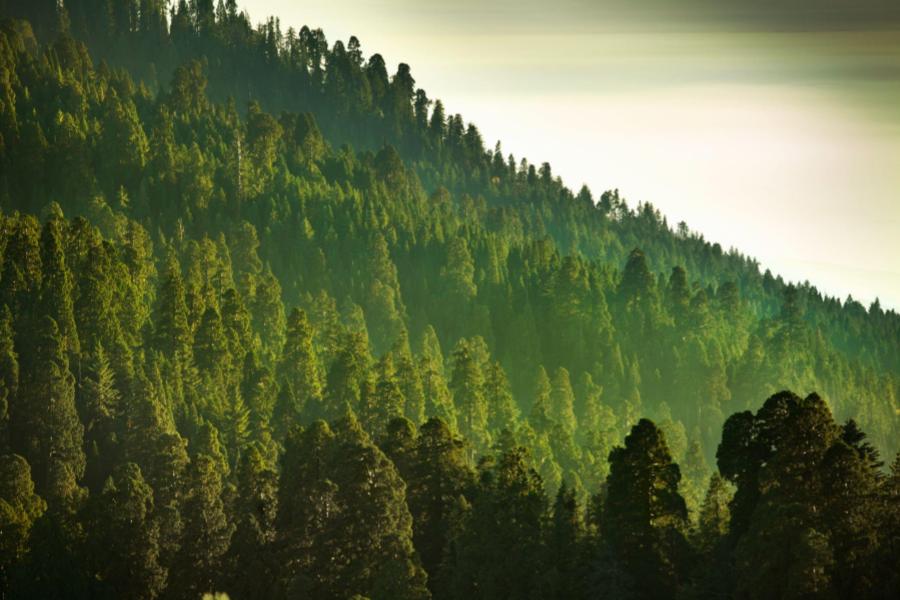
Research results recently published in Nature show that global forest lands could store enough carbon to soak up one-third of annual fossil fuel emissions for decades to come.
The results highlight the critical importance of forest conservation, restoration and sustainable management in moving toward international climate targets.
Due to ongoing deforestation and degradation, the total amount of carbon stored in forests is about 328 gigatonnes below its natural state.
Forests can be restored to their original carbon capacity by allowing forests to grow to maturity and reconnecting fragmented forests through sustainable landscape management.
“We need to focus on what restoration means to people,” said Thomas Crowther, senior author of the paper and a professor at ETH Zurich. “Restoration is not about mass tree plantations to offset carbon emissions. Restoration means directing the flow of wealth toward millions of local communities, Indigenous populations and farmers that promote biodiversity across the globe. Only when healthy biodiversity is the preferred choice for local communities will we get long-term carbon capture as a by-product.”